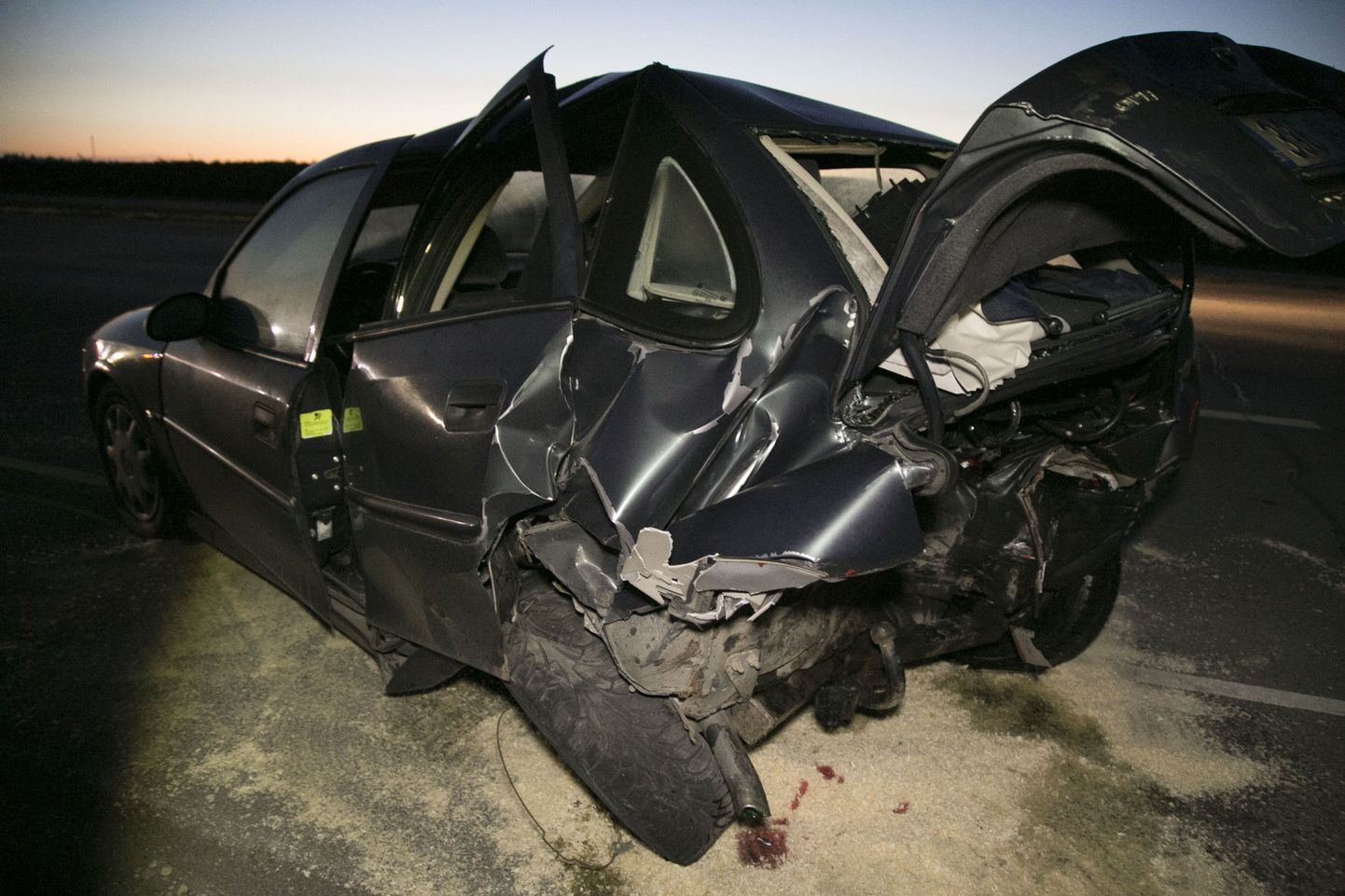
Since the year kicked into gear, several serious accidents have shaken Estonia. The last in the row took the life of a one month old baby by a drunken driver speeding down the Tallinn-Narva Highway.

Since the year kicked into gear, several serious accidents have shaken Estonia. The last in the row took the life of a one month old baby by a drunken driver speeding down the Tallinn-Narva Highway.
Among the public, protest prevails as the suspect Kristian Tarve (39) has been punished for drunken driving before – yet all he stands accused of is causing serious injury by negligence.
The anger is natural as in cases like this one, intoxicated and going at 200 km/h, a car turns into a manslaughter machine. As any human can tell, this is no negligence – the activity is wilful and this is what the law ought to admit.
A leading criminologist in Estonia, University of Tartu professor Jüri Saar suggested vehicular manslaughter clause as is in use in USA, for instance. This would bring heavier punishments than fines and shock jail, while passing a judgment better expressing what the society feels.
Traffic culture is determined by attitudes. An attitude might be defined in various ways, but mostly it could be constant readiness to react some certain way in a particular situation. Attitudes alter in time i.e. they can be shaped. Should we wish to see a turn for the better, towards this we must intentionally strive.
What matters is preventive action regarding various groups of road users. What matters is traffic education for children – the moments when they are sent into the traffic as pedestrians, bicyclists. What matters is how we train future drivers. In the more progressive nations in Europe, it’s a long-time practice to not build on driving skills alone but the person(ality) of the driver-to-be. As all that is expressed in traffic.
In shaping attitudes, penalty policy also plays an important role. While not overdoing with severity, we should also avoid the mere emotion that «too bad I got caught» – so once the fine is paid, let’s carry merrily on.
This Tuesday, governmental traffic committee deliberated a Traffic Act amendment whereby serial drunk drivers would be sent to addiction treatment and special training. The traffic killing clause proposed by Prof Saar should also undergo further discussion by experts and jurists.